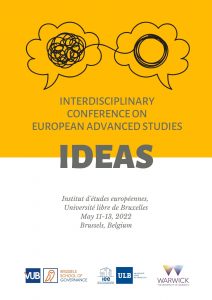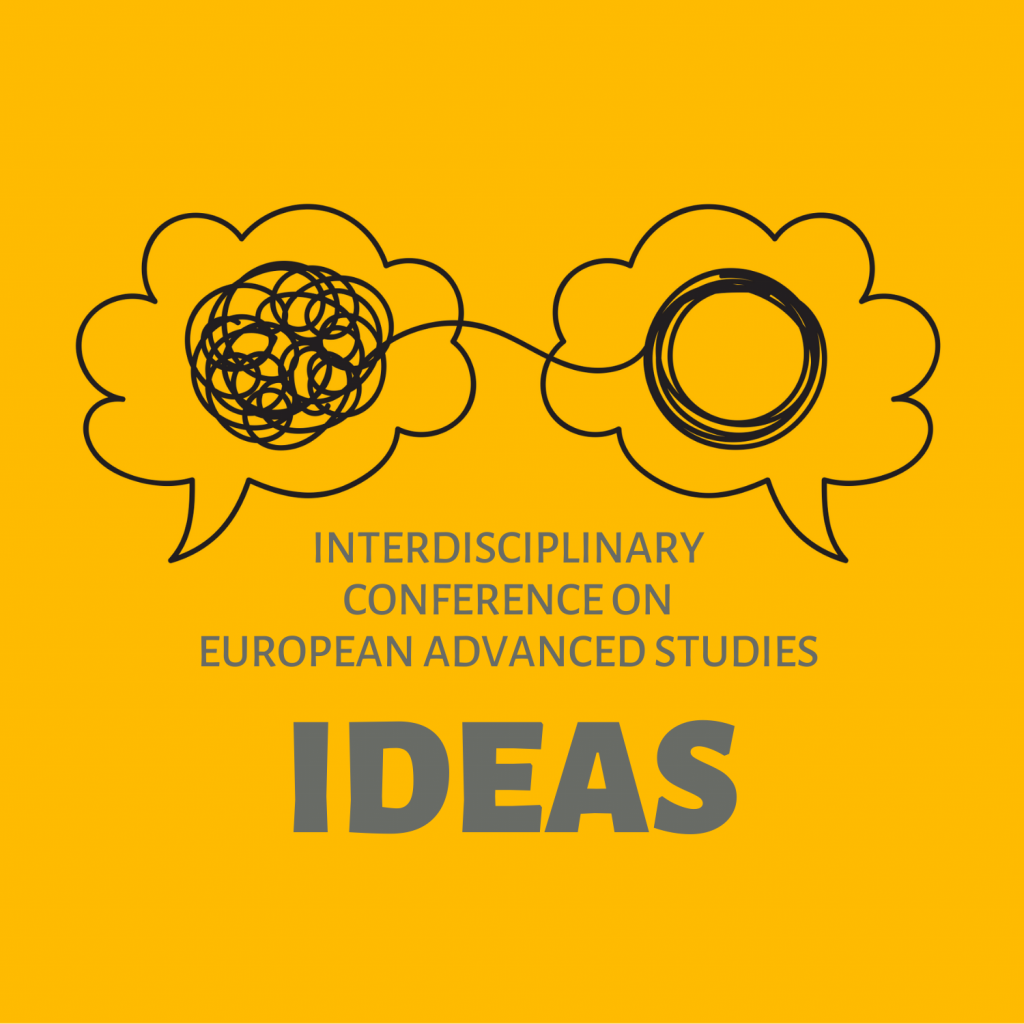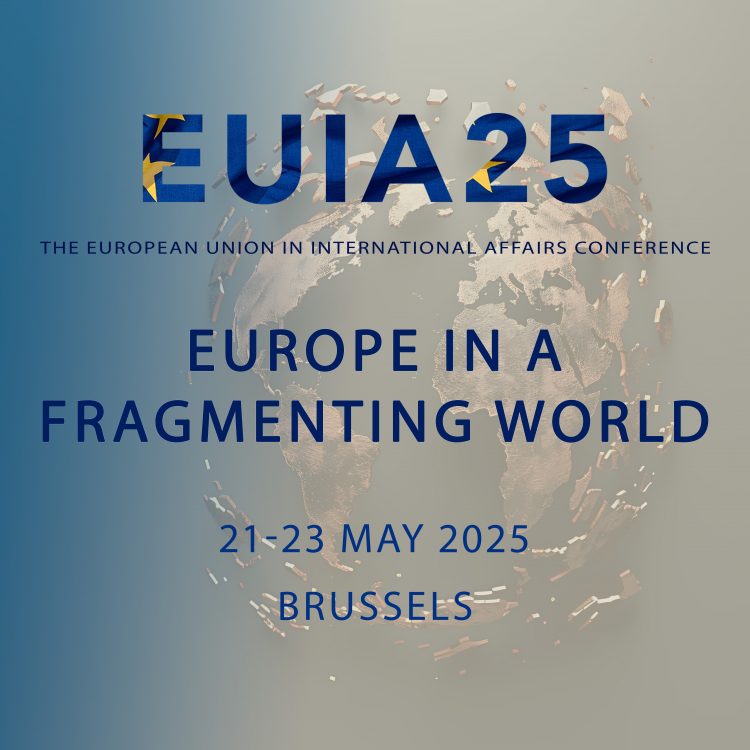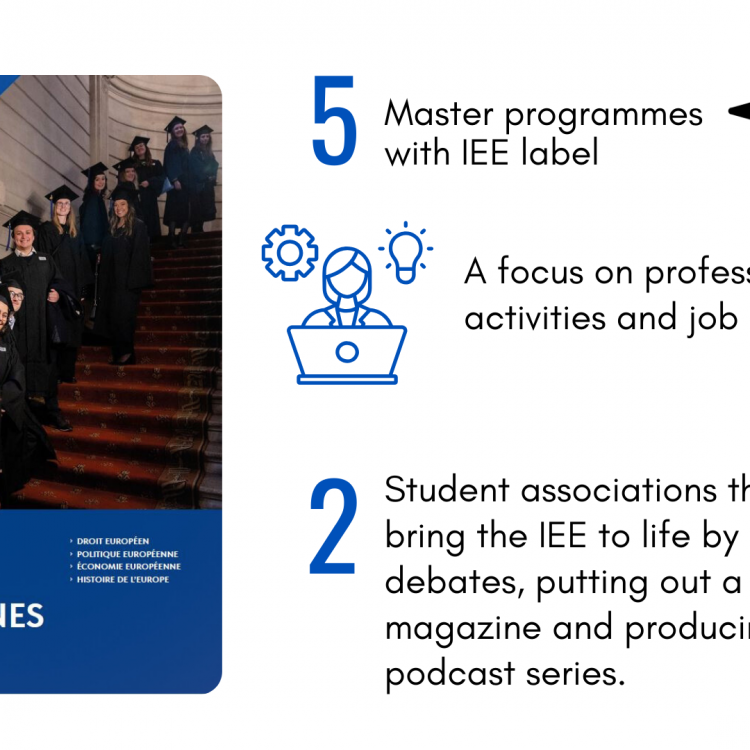About the IDEAS conference
The biennial Interdisciplinary conference on European Advanced Studies (IDEAS) is a three-day scientific event organised by the Institut d’études européennes of the Université libre de Bruxelles (IEE-ULB) in collaboration with the Institute for European Studies of the Vrije Universiteit Brussel (IES-VUB) and the Politics and International Studies Department at the University of Warwick (PaIS-UoW).
Centred on the notion of ‘Solidarities’, the first two editions of the conference were dedicated to European and Transatlantic solidarity in May 2017 and European solidarity in June 2019. Due to the COVID-19 pandemic, the third conference originally set for 2021 was rescheduled to be hosted in 2022. As a result, the next edition will take place in Brussels from May 11 to 13, 2022 and will be entitled (Dis)Integration from an (in)equality perspective.
Inequality has many facets which test a wide range of institutions and policies associated with the EU. Increasingly, it has emerged as one of the central and transversal concerns shared across EU institutions and national public opinions.
Academic and political debates addressing (in)equality and (dis)integration have gained momentum following both the 2008 financial crisis, and the current COVID-19 pandemic. Increasingly, broader debates surrounding equality, non-discrimination and solidarity are homing in on the distinctive role of the European level. The IDEAS conference will be a forum to present and discuss cutting-edge research investigating inequality in relationship with European politics and policies. It will bring together scholars interested in how the EU has been a driver of inequality or, on the contrary, how it has attempted to tackle them in a number of policy domains.
Subject to the evolution of the sanitary situation, the conference will take place in person, and while registration will be mandatory, participation will be free of charge*.
The IDEAS conference scientific committee
(in alphabetical order)
- Ilke ADAM (VUB)
- Ozlem ATIKCAN (UoW)
- Emmanuelle BRIBOSIA (IEE-ULB)
- Chloé BRIERE (IEE-ULB)
- George CHRISTOU (UoW)
- Ramona COMAN (IEE-ULB)
- Amandine CRESPY (IEE-ULB)
- Frederik PONJAERT (IEE-ULB)
- Florian TRAUNER (IES-VUB)
- Jozefien VAN CAENEGHEM (IEE-ULB)
The call for papers for the IDEAS conference
The conference is structured around 10 topics which will help structure the overall focus of the conference on ‘(Dis)Integration from an (in)equality perspective’. Scholars interested in presenting their research dealing with inequality and the EU at the IDEAS conference under one of the 10 topics listed below are invited to submit a 250-word abstract. When submitting an abstract, applicants will have to specify under which of the 10 topics they wish to introduce their proposal. Panel submissions are not possible, but interested parties may highlight the link between different papers in their abstract, thereby inviting the evaluators to consider the individually submitted abstracts as a whole.
Each topic focuses on a given set of substantive challenges associated with (in)equality and EU policies. Both the internal (intra-EU) and external (global) dimensions of said challenges fall within the scope of a topic.
The ten topics
- Europe and the Concept of Inequality
- EU Governance and Inequality
- Unequal Access to the Common Market
- Unequal Access to Welfare States
- Inequality in the Area of Freedom, Security & Justice
- Digital Divide & Disparities in Information Literacy
- Unequal Access to Environmental Justice
- Social Inequality in Public Health
- Intersectionality in European politics
- Inequality in EU External policies
 The online submission system to participate in the IDEAS conference is open until October 31, 2021. For more information about the conference and the call for papers, please click here.
The online submission system to participate in the IDEAS conference is open until October 31, 2021. For more information about the conference and the call for papers, please click here.
If you have any questions, please e-mail us IDEAS.IEE@ulb.be
To discover the programme for the IDEAS22 conference, download it by clicking here .
* Considering continued travel uncertainties, organizers have foreseen that requests for virtual presentations of selected paper abstracts can be accommodated on a case-by-case basis if travel is not possible.





